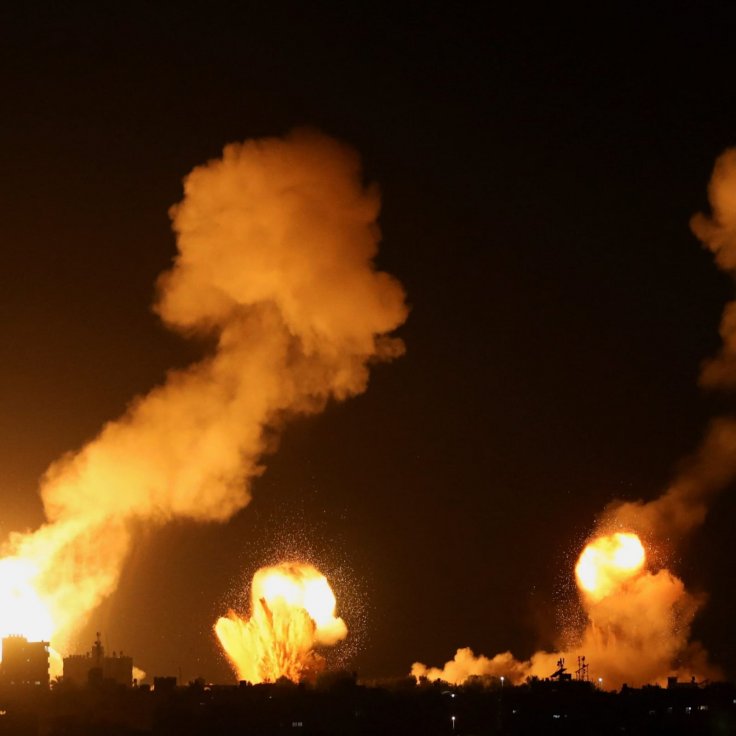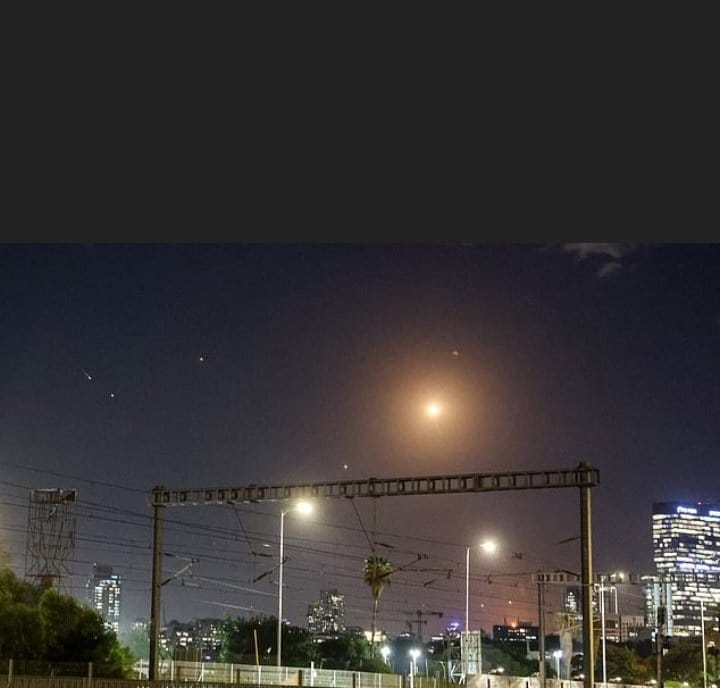On Tuesday night, sirens echoed across Israel as hundreds of missiles and drones, launched from Iran, targeted major cities. Civilians quickly sought refuge in bomb shelters. The Israeli military confirmed the attack, with explosions reported over Tel Aviv and Jerusalem.

According to the Israeli Defense Forces (IDF), more than 400 missiles and drones were fired from Iran, marking a significant escalation in regional tensions. Videos circulating online captured the projectiles streaking across the night sky. The IDF urged civilians to follow safety instructions from the Home Front Command and remain in protected spaces.
Iran's state-run media, IRNA, announced the attack on Tel Aviv, Israel's commercial hub. This attack followed Israeli military operations against Hezbollah in Lebanon, which is backed by Iran. Iran's Revolutionary Guards Corps stated the missile strike was retaliation for the deaths of two prominent figures: Hassan Nasrallah, the leader of Hezbollah, and Ismail Haniyeh, a Hamas leader, who died in a bombing in Tehran. Both incidents were widely blamed on Israeli forces.

The Israeli government responded swiftly to the missile barrage. Airspace across the country was closed, with all incoming flights diverted. Neighboring countries like Iraq and Jordan also took precautions, closing their airspace as the conflict intensified. Israeli authorities issued urgent instructions, warning civilians to remain indoors and take shelter until further notice.
In a statement, the IDF emphasized its commitment to protecting civilians. "The public is urged to follow Home Front Command instructions for their safety. The IDF is doing everything necessary to protect the people of Israel," it said.
Iran's Revolutionary Guards warned of more attacks if Israel retaliates. Tensions between the two nations have been building for years, with this latest strike marking a major escalation. As missiles crossed the region, explosions were heard over Amman, Jordan's capital, with Israel's allies moving to intercept the incoming threat.
This attack follows heightened hostilities in the region, particularly after Israeli air raids in Lebanon targeting Hezbollah positions. The death of Nasrallah and Haniyeh further fueled the animosity. Iran vowed revenge, promising to bring about Israel's "destruction" in response to the deaths of these leaders. However, Tehran stated earlier in the week that it would not deploy troops to fight against Israel directly.
The situation in Israel remains tense, with fears of further missile strikes looming. The Israeli government has been on high alert, coordinating with its military forces to respond to the growing threat. International attention is now focused on how Israel will retaliate and whether this conflict could expand further into the Middle East.
As of now, no official response from the Israeli government has been announced, though military preparations are underway. The world watches as this dangerous situation unfolds, with many hoping for a quick de-escalation to avoid more loss of life. Both sides are preparing for what could be a prolonged and devastating conflict in the region.









